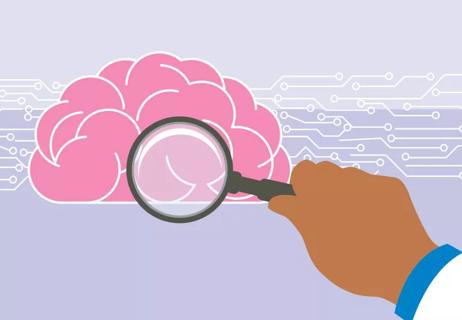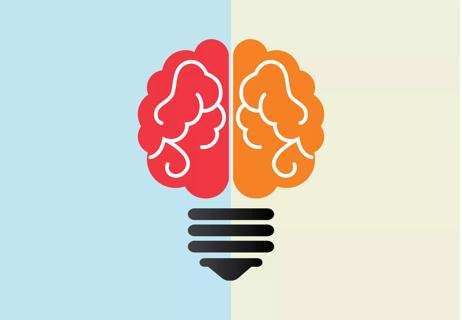Those nursery rhymes and song lyrics are worth while

Do you remember the last time you memorized something — even a phone number? With technology ever at our fingertips, we don’t need to commit much of anything to memory now.
Advertisement
Cleveland Clinic is a non-profit academic medical center. Advertising on our site helps support our mission. We do not endorse non-Cleveland Clinic products or services. Policy
Yet, rote memory — the process of repeating information until it is lodged firmly in the brain — fell out of favor well before laptops, tablets and smartphones became part of our everyday lives. While earlier generations of students were routinely required to memorize poetry, great speeches, even the multiplication tables, educators had abandoned the practice as unproductive by the time most baby boomers were starting school.
But not everyone believes memorization is a waste of time and effort. Small children reciting nursery rhymes are honing their developing memories and gaining an introduction to language patterns.
At the other end of the age spectrum, “Older adults who work their brains through memorization are stimulating neural plasticity, which alters the brain’s neural pathways in response to new experiences,” says Marwan Sabbagh, MD, Director of Cleveland Clinic Lou Ruvo Center for Brain Health. “These functional brain changes occur whenever we acquire new knowledge or learn a new skill, and they appear to be important in warding off cognitive decline.”
Music therapist Becky Wellman, PhD, LPMT, MT-BC, says memorization and recall of music, too, can boost latent memories, and she enjoys feedback from family caregivers who marvel as they attribute changes in their loved one to the power of music.
Advertisement
“It’s common when hearing music to recall previous pleasurable encounters with the same tune, so it’s not surprising that this still rings true in a population otherwise experiencing memory problems,” says Dr. Wellman. “What most people never expect, however, is that music can actually help build new memories in these same individuals.”
She explains that during music therapy, participants are actually able to learn new songs when “nothing else seems to stick.”
Research supports this. In a 2015 study by Juliette Palisson et al of 12 individuals with mild Alzheimer’s and 15 healthy controls reported in the Journal of Clinical and Experimental Neuropsychology, results showed that sung texts were better remembered than spoken texts, both immediately and after a retention delay, for both groups.
So go ahead: Memorize something. Or better yet, sing a song. There’s a world of wisdom out there that just might sharpen your brain and enrich your life.
Advertisement
Learn more about our editorial process.
Advertisement

Cardio is great for improving cognition, but strength and balance training are just as important

Don’t ignore issues that affect your ability to remain independent

Even one drink can have an impact on your cognitive function leading to slurred speech, blurred vision and impaired memory

Even one drink can have an impact on your cognitive function leading to slurred speech, blurred vision and impaired memory

This first-of-its-kind study aims to identify biomarkers of neurological disorders

Jujube is nutritionally dense, but research is limited

Different parts are responsible for different things, but you use both sides all the time

Mushroom coffee is expensive and has fewer health benefits than eating whole mushrooms

Type 2 diabetes isn’t inevitable with these dietary changes

Applying a hot or cold compress can help with pain